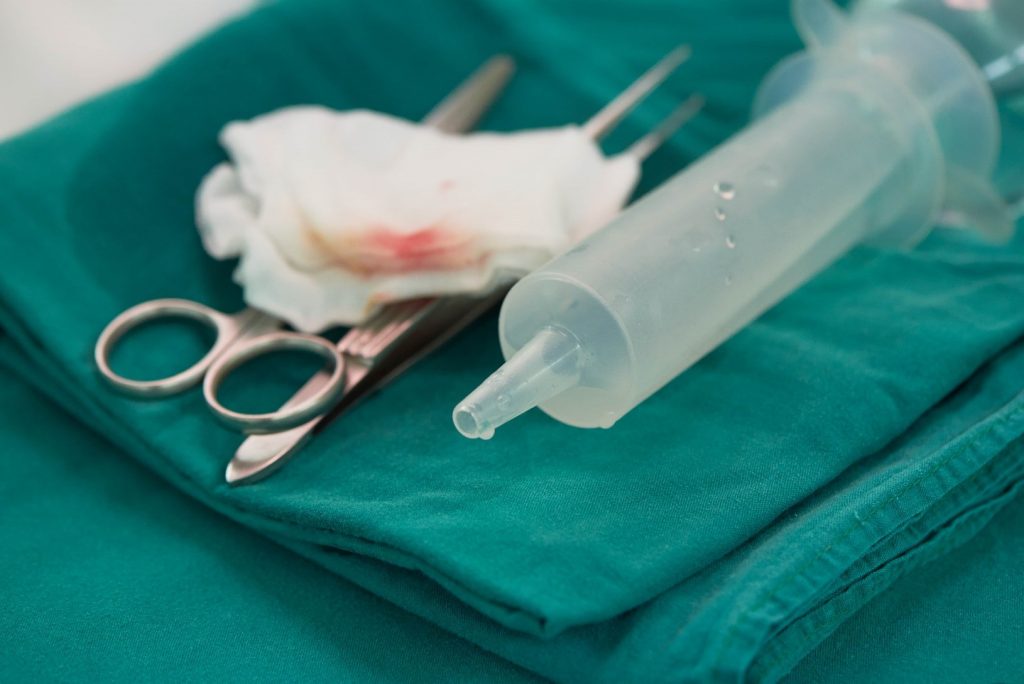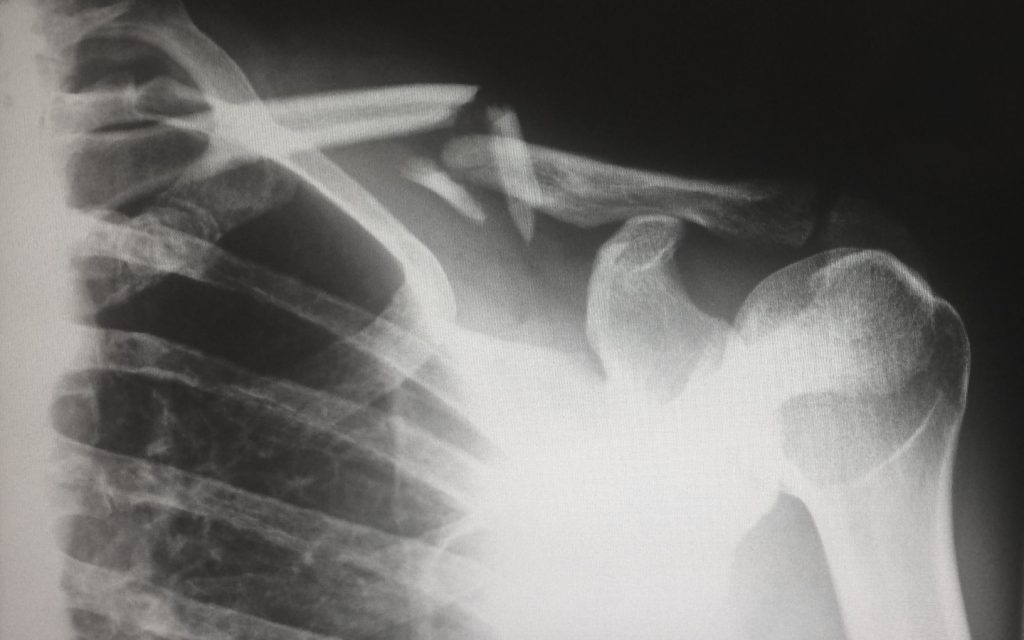Biomedical engineering is an incredibly important field of study, and the fine engineers in this line of work are the reason modern technology and surgical instruments have progressed to where they are today. Inventions like the pacemaker, responsive prosthetics, and …
Read More





